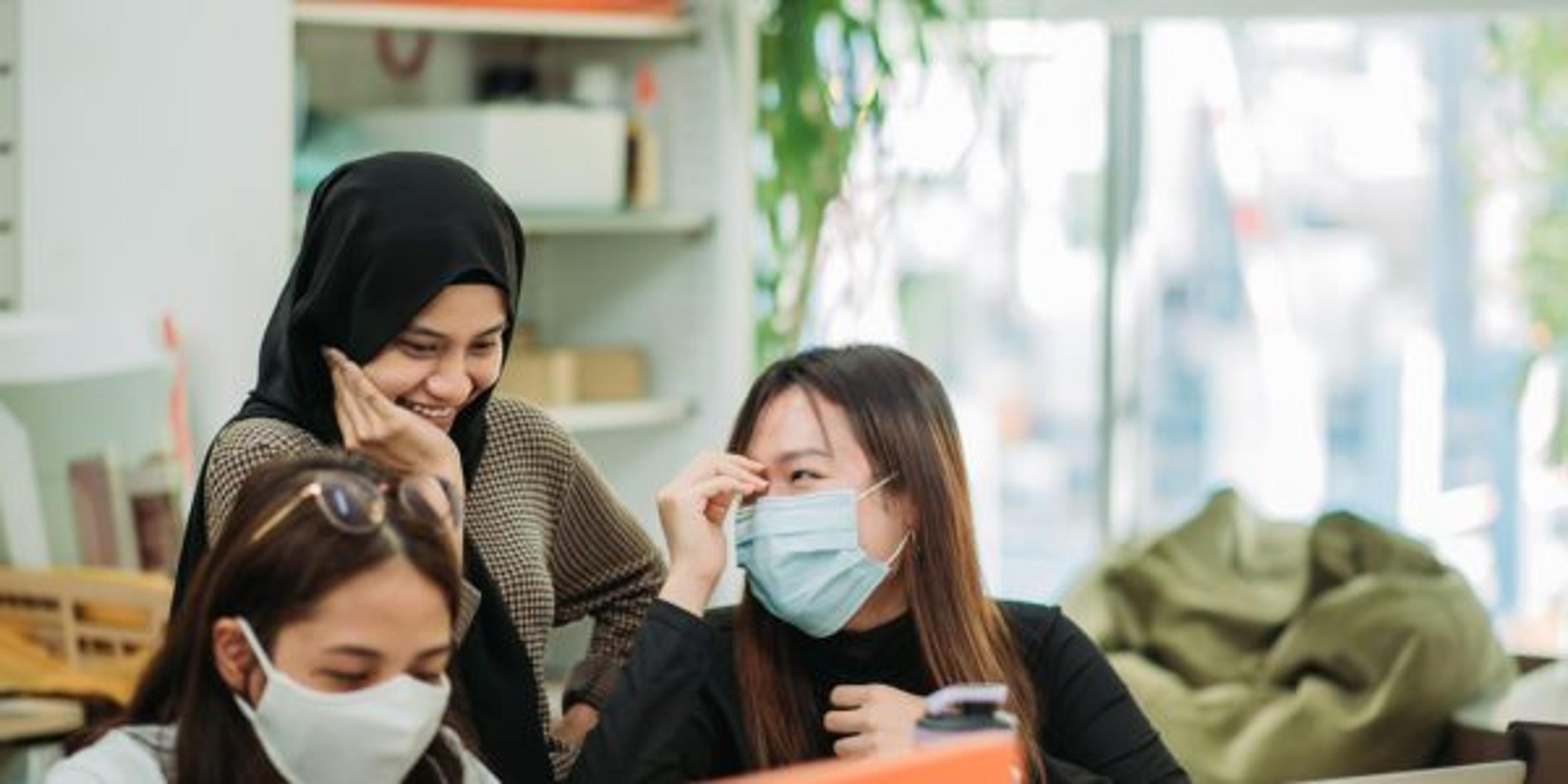How to Reconnect with Family, Friends Once You’re Vaccinated
Shandra Martinez
| 3 min read

For people sidelined at home or those who had social activities restricted by the coronavirus pandemic in the last year, being able to reconnect with relatives and others close to them has been a huge goal as access to vaccinations expanded across the state in the past several months. After all this time apart, people might be wondering what’s the best way to reconnect with their extended family and friends once they are fully vaccinated. It turns out, there are still some things to consider before meeting face-to-face.
With lots of people still unvaccinated and the spread of COVID-19 variants now a factor, the Centers for Disease Control and Prevention is asking people to consider several questions before they reconnect with friends and family in person:
What is everyone’s vaccination status? Anyone who is unvaccinated and children 12 and younger who cannot yet be vaccinated should keep taking steps to prevent getting COVID-19. This includes social distancing, washing their hands frequently and wearing masks indoors or in crowded places outdoors.
Do your family members or friends have medical conditions or weakened immune systems? Because people with underlying medical conditions are at a higher risk for severe illness with the virus, the CDC recommends taking all precautions outlined for unvaccinated people, even if that person is fully vaccinated.
Can you choose where you’ll be meeting? Outdoor spaces are safer than indoor spots when it comes to the spread of COVID-19. Indoor places where it is crowded or there is poor ventilation are places to avoid, if possible.
What’s the COVID-19 case level in your community? To check if you live in a high-risk area where more precautions are needed, check the CDC Tracker or see the latest updates on Michigan’s virus data from the Michigan Department of Health and Human Services.
As you make plans to reconnect with relatives and friends, patience and understanding will be needed. Everyone has their own feelings about how to handle their own safety, and it’s important to have conversations about what get-togethers will look like in advance. Some things to remember:
Know your own comfort zone: First, it’s necessary to know how you want to safeguard your own well-being. If you are fully vaccinated but still feel more comfortable wearing masks to meet family or friends – or meeting them for a meal outside but not going into a restaurant – then keep doing what makes you feel safe. Invite friends to meet for an outdoor activity. Don’t let other people’s questions or comments alter your decisions.
Respect other people’s choices. The flip side is the respect you need to have for other’s choices. If someone is doing what makes them feel safe, it’s not kind to lecture, argue or cajole them into agreeing with your perspective. The important thing is being able to spend time with someone you care about. If that means taking a few extra precautions, it’s worth it.
Related:
Photo credit: Getty Images





